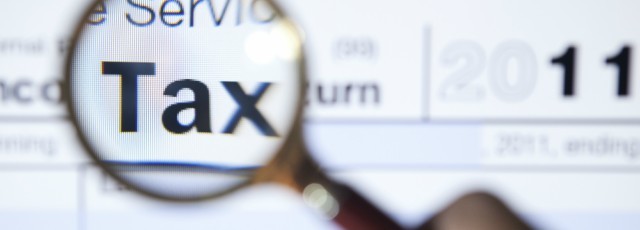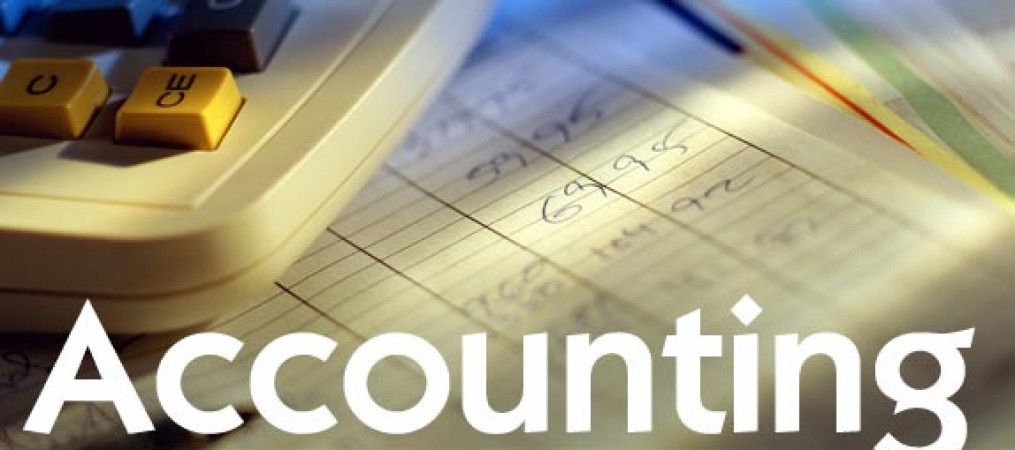
Many people make the common mistake of combining business and personal expenses. This big mistake can have serious consequences, including an increase in taxes. Here are some mistakes to avoid when mixing personal and business expenses. This article will help you avoid making the same mistakes when managing your business and personal finances. The IRS recommends that you keep separate financial records for your business and personal accounts. This will be far more beneficial. These are the most common mistakes you should avoid when mixing business and personal expenses.
Mixing personal and business expenses can lead to mistakes
Mixing business and personal expense is a major mistake many new owners make. A business with a solid bookkeeping system will be able to handle any number of expenses. However, a new company may not have the same organization. To avoid making this mistake, keep your personal and business expenses separate. It will save you money and prevent unpleasant surprises.

New business owners often use their personal bank accounts and credit cards to pay business-related expenses. This can create a number of problems for your business. Not only can it look unprofessional to customers, it can also complicate your tax return and leave you open to audits. Mixing your personal and corporate finances can increase your accounting bill, and increase your chance of being audited.
Tax consequences of mixing personal and business expenses
One of the biggest mistakes entrepreneurs make is mixing their business and personal finances. This causes confusion and makes tax preparation even more difficult. A better way to manage business and personal expenses is to keep them separate. This allows for a more thorough audit trail. Mixing personal and business expenses can cause credit damage and make it more difficult to track your expenses. Separate your personal and business finances if you are an investor. You should open a separate account to pay for your personal and business expenses.
Although you may believe it is safe to separate your personal and business finances, you could be in serious trouble with the IRS. Mixing personal money and business funds can make separating business and personal expenses more difficult, increase the burden to proof an audit, and lead to red flags when reviewing your financial statements. It is a good idea to use a separate business name for employees, suppliers, customers, and other payments. This will give the appearance that the enterprise is completely independent.
There are ways to avoid combining personal and business expenses
Many people find it difficult to keep business and personal expenses apart. This can cause problems, especially if you have to file taxes. It can make it difficult to track expenses and lead to misinformation about your financial health. These tips can help you avoid having personal and business expenses mixed up. Use separate business bank accounts if you own a company. You can open a business checking accounts for employees and customers. The documents required to prove your business' existence are specific for business bank accounts. They will have monthly fees and minimum deposit requirements.

Audits are one of the greatest risks when you mix personal and business expenses. Although a business can be a valuable asset for investors, it can also create problems for both sides. The combination of personal and business expenses can create a gray area in tax matters, since both accounts will be linked. An attorney will have to establish that they are distinct accounts. You could lose your personal assets if you are sued for misappropriating funds of a business.
FAQ
How do I know if my company requires an accountant?
When a company reaches a certain size, accountants are often hired. For example, a company needs one when it has $10 million in annual sales or more.
Many companies employ accountants regardless of size. These include small firms, sole proprietorships, partnerships, and corporations.
It doesn't really matter how big a company is. Only what matters is whether or not the company uses accounting software.
If it does, the company will need an accountant. And it won't.
How do I start keeping books?
You will need a few things to begin keeping books. These include a notebook, pencils, calculator, printer, stapler, envelopes, stamps, and a filing cabinet or desk drawer.
How long does it take to become an accountant?
To become an accountant, one needs to pass the CPA exam. Most people who wish to become accountants study for around 4 years before taking the exam.
After passing the exam, one must be an associate for at most 3 years in order to become a certified public accounting (CPA) after passing it.
What is a Certified Public Accountant?
Certified public accountant (C.P.A.). is a person with specialized knowledge in accounting. He/she will assist businesses with making sound business decisions and prepare tax returns.
He/She also tracks cash flow and makes sure that the company runs smoothly.
What is an accountant's role and why does it matter?
An accountant keeps track of all the money you earn and spend. They track how much you pay in taxes and what deductions you are allowed to make.
An accountant will help you manage your finances, keeping track of both your incomes as well as your expenses.
They help prepare financial reports for businesses and individuals.
Accountants are essential because they need to understand everything about numbers.
Accounting also assists people in filing taxes and ensuring that they pay as little as possible tax.
Statistics
- In fact, a TD Bank survey polled over 500 U.S. small business owners discovered that bookkeeping is their most hated, with the next most hated task falling a whopping 24% behind. (kpmgspark.com)
- a little over 40% of accountants have earned a bachelor's degree. (yourfreecareertest.com)
- BooksTime makes sure your numbers are 100% accurate (bookstime.com)
- Employment of accountants and auditors is projected to grow four percent through 2029, according to the BLS—a rate of growth that is about average for all occupations nationwide.1 (rasmussen.edu)
- Given that over 40% of people in this career field have earned a bachelor's degree, we're listing a bachelor's degree in accounting as step one so you can be competitive in the job market. (yourfreecareertest.com)
External Links
How To
How to become an accountant
Accounting is the science and art of recording financial transactions and analyzing them. It involves the preparation and maintenance of various reports and statements.
A Certified Public Accountant is someone who has passed and been licensed by the state board.
An Accredited Financial Advisor (AFA), is an individual that meets certain criteria established by American Association of Individual Investors. A minimum five-year investment history is required in order to be an AFA according to the AAII. To pass the examinations, they must have a good understanding of accounting principles.
A Chartered Professional Accountant is also known by the name chartered accountant. This is a professional accountant who received a degree at a recognized university. CPAs must adhere to the Institute of Chartered Accountants of England & Wales' (ICAEW), specific educational requirements.
A Certified Management Accountant (CMA), is a certified professional accountant that specializes in management accounting. CMAs have to pass exams administered by ICAEW and keep up-to-date with continuing education requirements throughout the course of their careers.
A Certified General Accountant, (CGA), is a member of American Institute of Certified Public Accountants. CGAs are required take several exams. The Uniform Certification Examination is one of them.
International Society of Cost Estimators has awarded the certification of Certified Information Systems Auditor. Candidates for the CIA must have completed three levels of education: coursework, practical training, then a final exam.
An Accredited Corporate Compliance Officer (ACCO) is a designation granted by the ACCO Foundation and the International Organization of Securities Commissions (IOSCO). ACOs need to have a bachelor's degree in finance, public policy, or business administration. They must also pass two written exams as well as one oral exam.
The National Association of State Boards of Accountancy offers the certification of Certified Fraud Examiners (CFE). Candidates must pass three exams with a minimum score 70 percent.
The International Federation of Accountants (IFAC) has accredited a Certified Internal Auditor (CIA). The four-part exam covers topics such as auditing (auditing), risk assessment, fraud prevention and ethics, and compliance.
American Academy of Forensic Sciences (AAFS) designates an Associate in Forensic Account (AFE). AFEs must be graduates of an accredited college or university that has a bachelor's in accounting.
What is the job of an auditor? Auditors are professionals who conduct audits of organizations' internal controls over financial reporting. Audits can be conducted randomly or based upon complaints from regulators regarding the organization's financial reports.